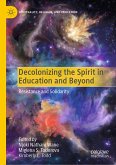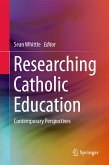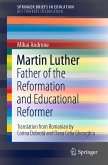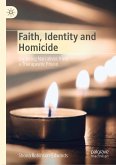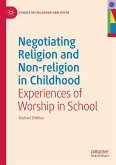This book explores the Daoist philosophies of qi and virtue through inquiry into their potential as technologies for cultivating good among individuals and society within educational settings, as well as more broadly in the modern world. The first part of the book, authored by Jing Lin, examines Daoist cosmology, axiology, and epistemology. In so doing, she illuminates qi cultivation's reliance on the accumulation of virtues, leading to transformation of the body and even-extraordinarily-the abilities of Daoist masters to transcend physical limitations to achieve health, longevity, and immortality. The second part of the book, authored by Tom Culham, establishes an understanding of qi and virtue as a technology within the Daoist paradigm, outlining the benefits of its cultivation while illuminating how contemporary Western philosophy and science support this paradigm. Both authors explore new forms of education to incorporate Daoist wisdom in schooling.
Dieser Download kann aus rechtlichen Gründen nur mit Rechnungsadresse in A, B, BG, CY, CZ, D, DK, EW, E, FIN, F, GR, HR, H, IRL, I, LT, L, LR, M, NL, PL, P, R, S, SLO, SK ausgeliefert werden.



